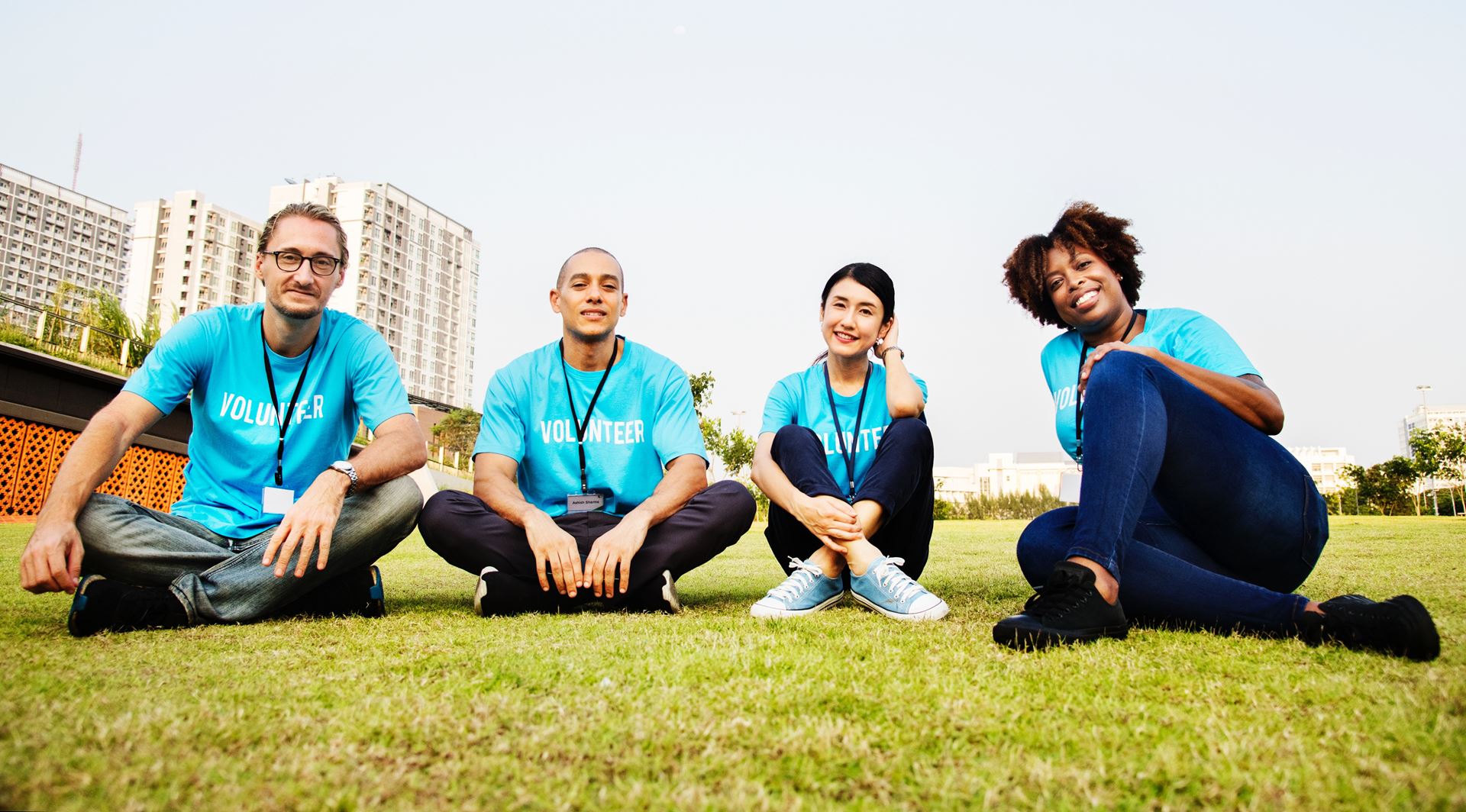Homepage
CLINICAL SYSTEM MERGE WITH GLENPARK MEDICAL PRACTICE
CLINICAL SYSTEM MERGE WITH GLENPARK MEDICAL PRACTICE WEDNESDAY 12th MARCH – MONDAY 17th MARCH 2025
ON FRIDAY 14th MARCH 2025 FROM 1PM – WE WILL HAVE NO ACCESS TO OUR CLINICAL SYSTEM AND WE WILL BE OPERATING ON AN EMERGANCY APPOINTMENT BASIS ONLY.
- Appointments on Thursday 13thand Friday 14th March 2025 will be for urgent issues
- Blood and other tests will be limited between these
- Econsult will be unavailable from Thursday 13thMarch until Monday 17th March
- Any Prescriptions (such as repeat dispensing) with the pharmacy after Monday 17thMarch 2025 will be cancelled whilst the clinical systems Please request your prescription when it is due in the normal way.
- We will arrange medication for patients who receive their medication in weekly trays with your
- NHS App and Patient access – all accounts will be closed on Wednesday 13th March
When the merge is complete, patients will need to re-register on the NHS App. We will be holding drop-in sessions for patients to regain full access to the app.
- We will be unable to register new patents from Monday 17thFebruary 2025 until Monday 17th March
RECEPTION - 01G1 460 423G
PRESCRIPTION LINE (24hrs) - 01G1 460 8472 (No electronic prescriptions can be sent on 13th and 14th March 2025)
Welcome to Teams Medical Practice
Our Practice is highly Patient focused and we have a multidisciplinary approach to patients’ health care. We aim to deliver the best for our patients by combining the skills of the practice team with other health and social care workers in the community. We provide modern health care facilities and focus on continually improving the health of our patients and residents of the community.
This Practice is a research active organisation which seeks to give all patients the opportunity to participate in clinical research to improve care.



